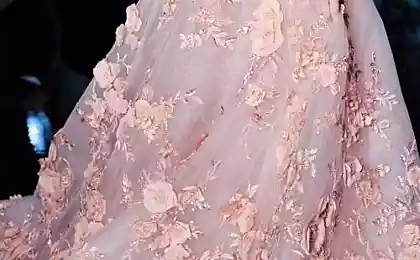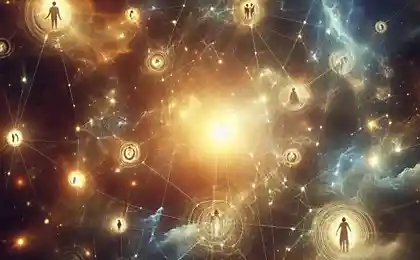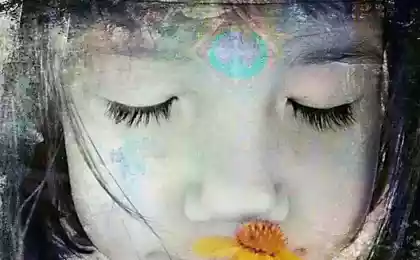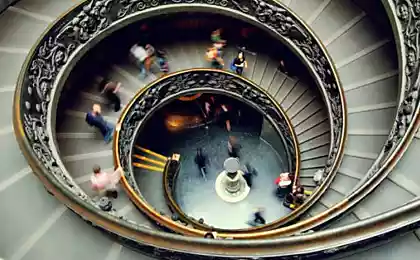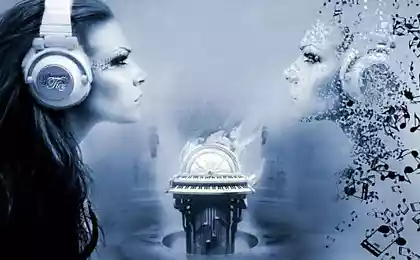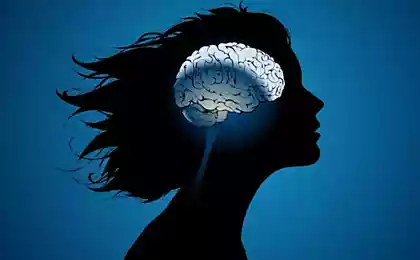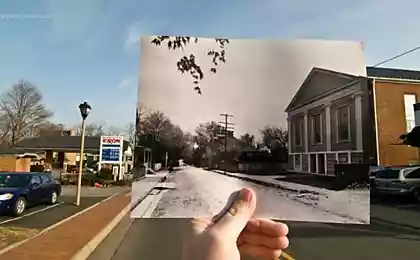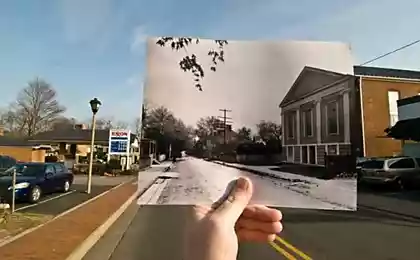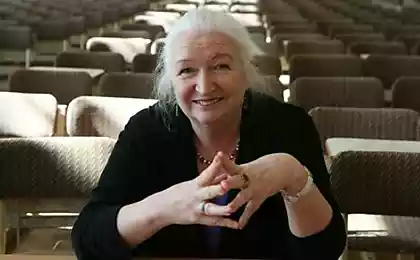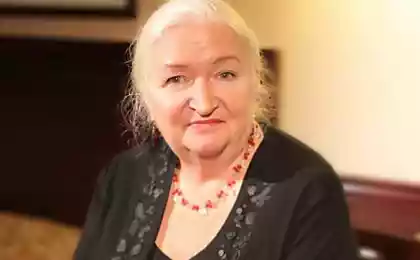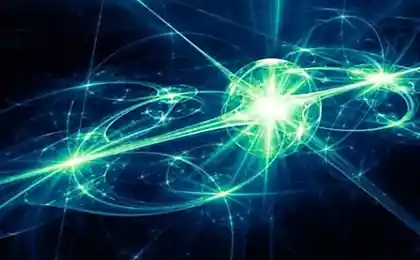266
The riddle of deja vu: Why do we remember things that never happened?

The riddle of deja vu: Why do we remember things that never happened?
Each of us at least once experienced this strange feeling: everything that happens seems familiar, as if we were already here, have already seen it, have already lived this moment. But is it easy to explain the phenomenon of deja vu?
413183.
Science reveals the maps
In 2023, a group of neuroscientists from Stanford University made a breakthrough in understanding the mechanism of déjà vu. Using advanced neuroimaging techniques, scientists have found that this phenomenon is associated with a short-term malfunction in the hippocampus, the part of the brain responsible for the formation of memories.
“Deja vu is not a brain error, but rather a proof of how complex our memory is,” explains Dr. Emily Harris, lead researcher on the project. “It’s like a reality-checking system that our brains trigger when confronted with something that seems paradoxically familiar.”
Key discoveries of recent years:
- Deja vu is more often experienced by people with high intelligence
- The phenomenon is associated with the process of memory verification, not with “paranormal phenomena”
- The frequency of deja vu decreases with age
- The condition can be 'contagious' in groups of people
The phenomenon of mass deja vu
In 2022, in the small town of Milford Haven (Wales), an amazing case occurred: more than 200 residents simultaneously experienced déjà vu during the city festival. People described the same details of “memories” of an event that never happened.
Psychologists who have studied this case have suggested that the mass deja vu may have been caused by a combination of social infection and similar neural patterns activated by the general environment.
Deja vu as a brain signal
Modern research shows that déjà vu can serve as an indicator of the active work of the mechanisms of memory and consciousness. Some experts consider it as a “defense mechanism” of the brain, signaling the need to be more attentive to what is happening.
“When you experience déjà vu, your brain is actually telling you, ‘Wait, something interesting is happening here, let’s check it out,’” says neuropsychologist Mikhail Volodin.
Unusual stories of déjà vu
Sarah James, a 34-year-old artist from London, talks about her experience of "predictive déjà vu": "I experienced a very strong sense of déjà vu during an important meeting with a client. Following that feeling, I changed my presentation at the last minute. As it turned out later, it was these changes that brought me the contract.
Another amazing thing happened to Alex Chen, a computer programmer in San Francisco. Over the course of a month, he experienced repetitive déjà vu associated with a specific piece of code he was working on. Every time I looked at this fragment, I was sure I had already seen it break. A week later, we found a critical error. ?
Practical conclusions
How to "use" deja vu:
- Pay attention to the details of the moment you experience déjà vu
- Write down your circumstances and feelings.
- Do not be afraid of this condition – it is normal and even useful.
- Use these moments to develop awareness
The phenomenon of deja vu continues to intrigue scientists and ordinary people. Recent research suggests that this is not just a quirk of consciousness, but a complex mechanism that helps our brains process and verify information. Perhaps unraveling this mystery will bring us closer to understanding how human consciousness and memory work.
And as scientists continue to investigate, each new case of déjà vu can be seen not as a frightening anomaly, but as a fascinating opportunity to look into the amazing mechanism of our brain.
The Secret Life of Urban Trees: The Surprising Truth About Green Neighbors
The hidden power of smells: how fragrances control our lives

